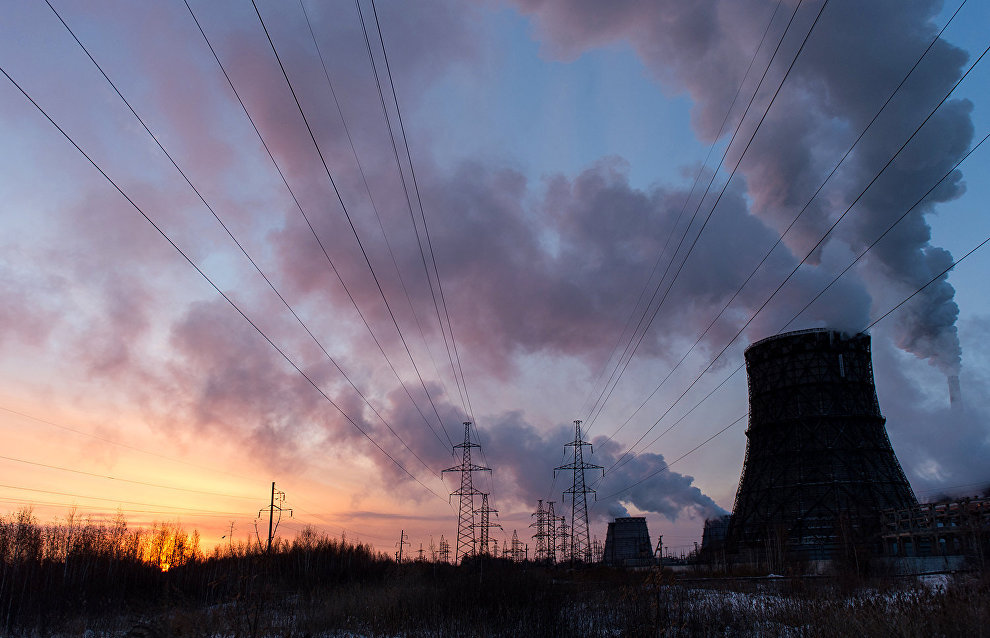The Russian Arctic is planning to switch to environmentally friendly fuels
The use of coal and fuel oil will be reduced, and boiler houses and thermal power plants will be modernized in the Arctic: they will be converted to natural gas, biofuel or wood pellets and chips. The changes will take place as part of a package of measures to reduce emissions of pollutants in the Arctic zone, approved by the Russian Government.
"The transition to environmentally clean fuels and the modernization of treatment facilities are stipulated in the set of measures to minimize pollution in the Russian Arctic zone. <...> In total, the plan includes 13 measures aimed at reducing atmospheric emissions and discharges into sea and river water. Each of them is assigned to a certain ministry or agency," says the report.
Also, the Ministry of Energy needs to develop plans to stimulate the transition of road, sea and inland water transport to NGV fuel.
In turn, the Ministry of Construction and the regional authorities in the Arctic zone will develop programs for the construction and modernization of sewage treatment facilities.
"This work will be performed in two areas. One of them is cleaning of household sewage from settlements, the other is the reception and treatment of sewage from ships entering Arctic ports," says the report.
Another measure in the package of proposals is to increase the fines for emissions and discharges of pollutants into the atmosphere and in sea and river water. The Ministry of Natural Resources and Environment, the Federal Service for Supervision of Natural Resources, the Ministry of Energy and the regional authorities are responsible for this area.
The approved package of measures is part of a single plan for the implementation of state policy fundamentals in the Arctic and the strategy for the Arctic zone until 2035.
"The implementation of these documents will improve the quality of life for the local population, increase the contribution of the Arctic zone to the Russian economy, ensure environment conservation in the Arctic and sustainable development in the regions," says the report.
